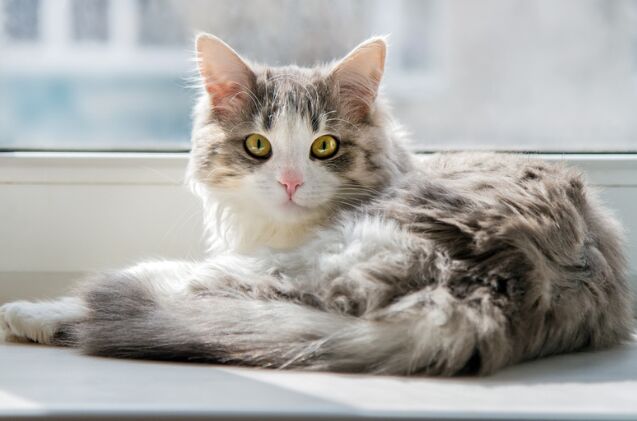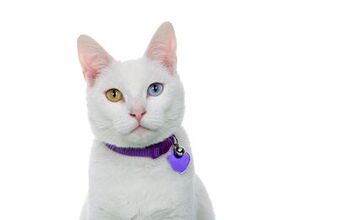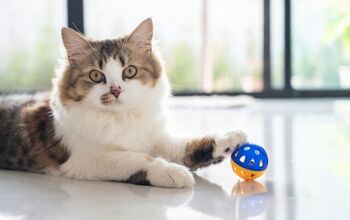New Birth Control for Cats Doesn’t Require Surgery

As cat parents, we want the best for our feline friends. This includes feeding them the highest-quality diet, providing all the necessary veterinary care, and creating a home full of toys and enrichment opportunities to support a happy life. One part of this that most experts will encourage is to have your cat spayed or neutered to avoid an unwanted surprise – but the idea of your kitty going under the knife can be a source of stress.
Good news! New research has led to the development of a new birth control option for female cats requiring only a single injection.
For those working in the world of animal rescue and trap-neuter-release (TNR), this solution could greatly benefit their mission. Currently, the only option available for addressing the growing feral population is surgical spaying. This comes at a significant price due to the cost of anesthesia, the number of veterinary staff required, and the time it takes to complete the procedure. Additionally, these organizations must provide follow-up care as the cats recover from surgery before being released into their colonies.
For cat parents, this could make contraceptive care more accessible to those with lower income levels. Not only will the cost of the initial treatment be lower, but it will also prevent the added costs that come with caring for and rehoming a litter.
A study sharing the new alternative with the veterinary community was published in Nature Communications on June 6, 2023.
Researchers housed and studied nine female cats, all of whom were given an injection. Three received a high dose of the gene therapy, three received a lower dose, and the final three received a placebo.
The cats were then monitored for any potential side effects while also being exposed to intact male cats. The female cats that received the placebo all gave birth to litters after mating with the males. But none of the six cats that received the gene therapy became pregnant regardless of their dose strength. None of the cats developed any severe side effects from the treatment.
The experimental gene therapy targets a hormone that prevents the cat’s ovaries from releasing eggs. It’s significantly faster to administer, far more cost-effective, and there is no medical recovery time following treatment.
This isn’t the first time researchers explored the potential of a contraceptive vaccine, but it is the first time that this approach produced positive results.
Additional testing will be needed to understand the effectiveness of the treatment fully. The current study only monitored the cats for a period of two years. However, gene therapy has been tested and proven to last a lifetime in other animals. Researchers believe the same would be true for cats if they can determine the correct dosing.
Before the injection alternative can be made available to cat parents across the country, it must be approved by the U.S. Food and Drug Administration and other regulatory agencies. This will take years and additional studies with more cats involved.
I will certainly be following the continued research into this potential solution as they continue to investigate and better understand its potential!

Britt Kascjak is a proud pet mom, sharing her heart (and her home) with her “pack” which includes her husband John, their 2 dogs – Indiana and Lucifer – and their 2 cats – Pippen and Jinx. She has been active in the animal rescue community for over 15 years, volunteering, fostering and advocating for organizations across Canada and the US. In her free time, she enjoys traveling around the country camping, hiking, and canoeing with her pets.
More by Britt























